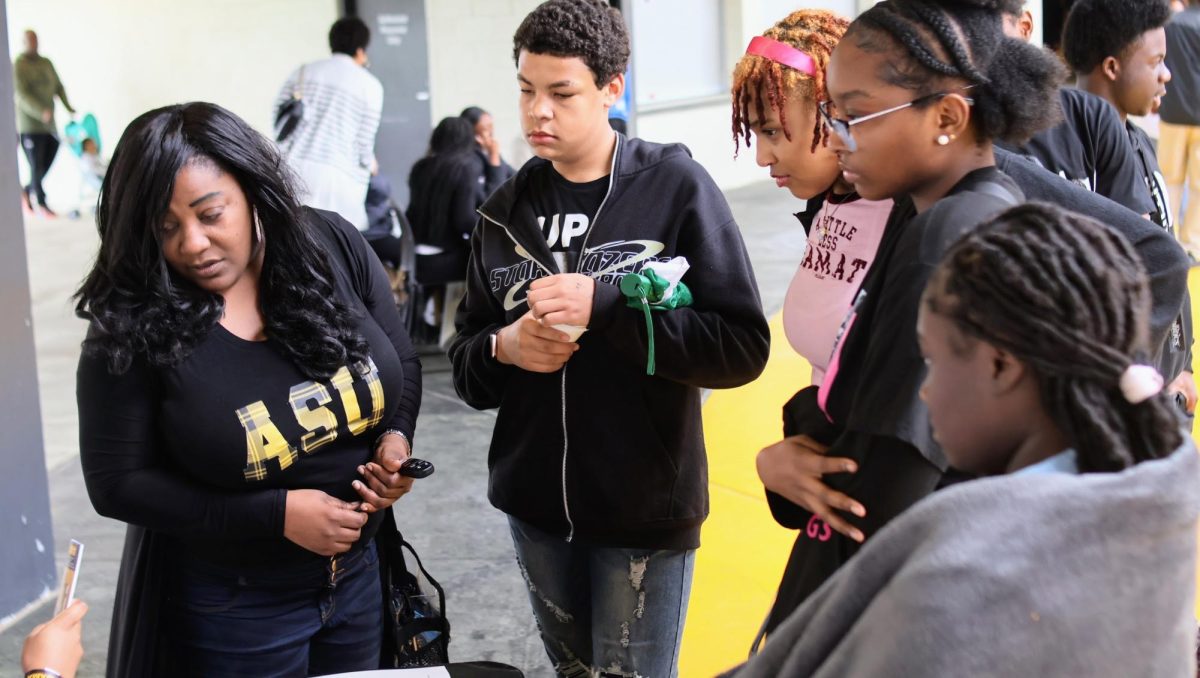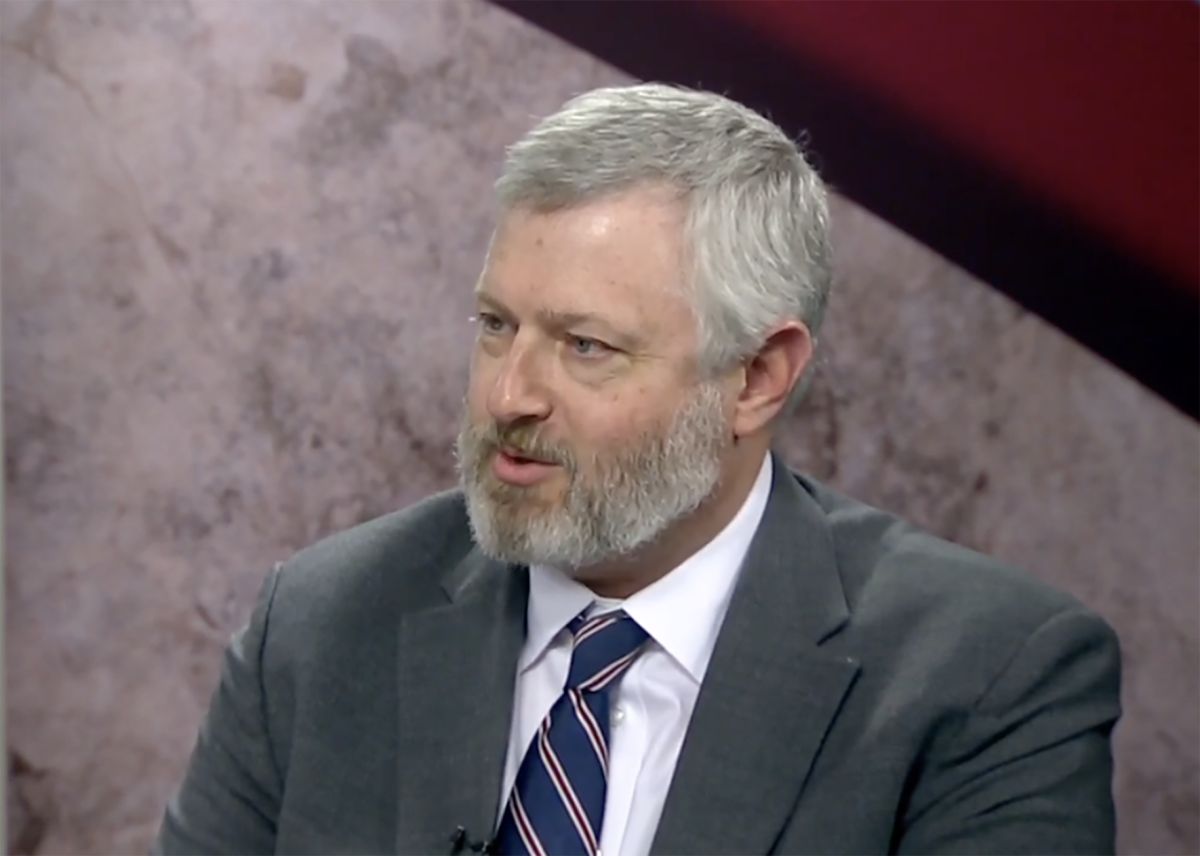The Israel-Hamas War between Israel and Palestinian militants, Hamas and the Palestinian Islamic Jihad (PIJ), began on Oct. 7, 2023, when Hamas launched a land, sea and air assault on Israel from the Gaza Strip.
The Oct. 7 attack resulted in more than 1,200 deaths, primarily Israeli citizens, making it the deadliest day for Israel since its independence.
More than 240 people were also taken hostage during the attack. The next day, Israel declared itself in a state of war for the first time since the Yom Kippur War in 1973. The war began with the Israel Defense Forces (IDF) conducting air strikes on the Gaza Strip, followed weeks later by the incursion of ground troops and armored vehicles.
The United States has actively engaged in negotiations to broker a hostage deal and a “ceasefire” that would temporarily halt the fighting in Gaza for at least six weeks, according to statements made by Biden.
According to the Associated Press, Israeli Prime Minister Benjamin Netanyahu has declared plans to launch a military assault on Rafah, the Southernmost urban area of the strip, where 1.4 million Palestinians are sheltering and on the brink of famine. Most of them are internally displaced, having fled their homes to escape Israel’s bombardment and ground invasions throughout the rest of Gaza.
While a ground incursion on Rafah, looms, air strikes began on Feb. 8 and have hit residential areas, killing civilians in the city that shares a border with Egypt. On Feb. 21, Al-Faruq mosque in Rafah was flattened by Israeli air strikes.
Israeli attacks have killed roughly 3,523 Palestinians in Gaza in the past month, according to the Palestinian Ministry of Health. Nearly 30,000 Palestinians have been killed since the war began on Oct. 7 last year, with thousands more buried under the rubble and presumed dead.
Humanitarian agencies and Western allies of Israel are pressing Israel to hold back on a full-blown invasion of Rafah for fear of a humanitarian catastrophe.
The Biden administration has been diligently working towards securing a ceasefire before the start of Ramadan, scheduled for March 10. As part of these efforts, Vice President Kamala Harris is slated to meet with Benny Gantz, a member of Israeli Prime Minister Benjamin Netanyahu’s war cabinet. Harris intends to continue advocating for a cessation of hostilities and the facilitation of increased humanitarian aid into Gaza.
Senior Amir Kelly-Hughes believes “the ceasefire needs to happen.” He said that this situation is terrible and “all in all this battle needs to stop. Hopefully if this ceasefire happens, it stays permanent. But the way things have been looking within the world, you just never know how it’ll play out.”
Some have hopes that this possible ceasefire will end the conflict entirely.
“I hope for a temporary stop to the conflict for the sake of Palestinian lives,” said Jaden Bell, a senior art major. “But reaching a resolution is the goal right? A successful ceasefire would lead to the release of hostages and the end of violent activities, if I’m not mistaken, which doesn’t seem like a terrible outcome. However, it’s crucial that this ceasefire is done right. Too many lives have been lost, and the conflict has lasted for too long.”
Terrance Hodges, a senior rehabilitation services major, wishes that the resources the U.S. has and are providing were “allocated more effectively.”
In a joint effort with Jordan, the United States recently conducted an airdrop of humanitarian aid into Gaza. The aid package, which included 36,000 meals, underscores the commitment of the U.S. and its allies to address the humanitarian crisis in the region amidst the ongoing conflict.
“The potential ceasefire over Gaza is genuinely alarming to me since so little has been done in the first place,” Hodges said. “While it’s intended to bring an end to conflicts, I fear it may worsen the situation. Despite Biden’s words that a deal is within reach, I question whether that’s actually true. Ultimately, I wish our resources were allocated more effectively to prevent the loss of Palestinian lives.”
Ultimately, the Gaza ceasefire talks have ended as of March 6. With the deal in the hands of Hamas, negotiators were unsuccessful to reach a deal that would end conflict and release Israeli hostages that are held in Gaza.
Students believe its time for a ‘cease-fire’ in Gaza
March 2, 2024

Palestinian people look for belongings as well as victims as they search the rubble after air strikes hit Gaza.
Story continues below advertisement
About the Contributor


















